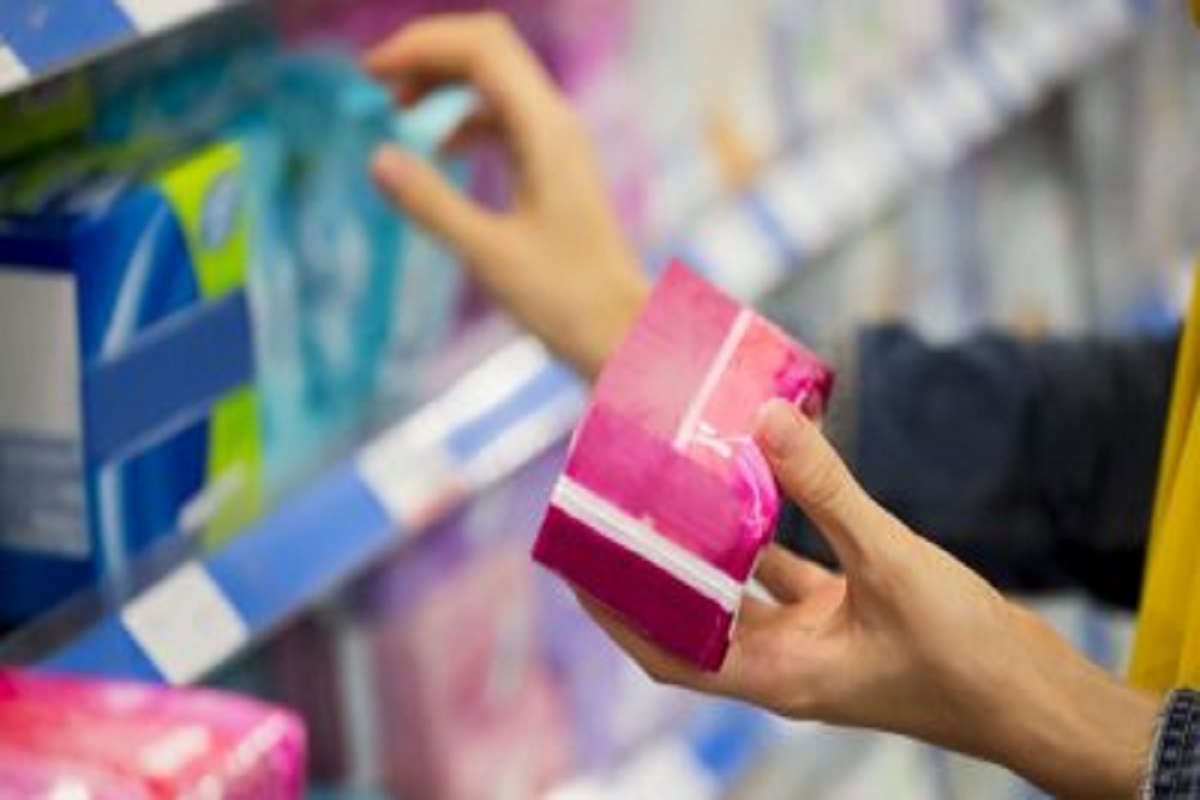In a big step towards promoting menstrual hygiene among adolescent girls, the Telangana government has allocated Rs 69.52 crore to distribute sanitary napkins among girl students in government schools and colleges in the next 18 months.
In a government order, the Health Department announced that 11 lakh adolescent health kits containing a zipper bag, sanitary napkins, and water bottles will be distributed among the girl students in the next six months.
In the financial year 2023-2024, another 22 lakh kits with sanitary napkins will be distributed among the girl students studying in class VIII to Class XII.
The expenditure for these kits will be met through funds from the National Health Mission.
The Central government’s Menstrual Hygiene Scheme (MHS) is aimed at adolescent girl students between the age of 10-19 but is limited to only rural areas. However, the Telangana government has extended it to all girl students in their adolescence irrespective of rural or urban areas.
The main objective of the scheme is to increase awareness among young women about menstrual hygiene and ensure their access to better quality sanitary napkins as well as ensure safe disposal of the napkins in an environment-friendly manner.
While the Centre has directed ASHA workers to take up the task of distributing the sanitary napkins Telangana government will be doing it mostly through schools.
A large number of women still use cloth instead of sanitary napkins leading to infections. The push for menstrual hygiene would be a big step to reduce such cases of infections.
The Telangana government has been quite successful in making a difference through its kit distribution approach. “KCR Kits” among pregnant women giving birth at government hospitals have resulted in increasing institutional deliveries in backward districts. The kits not only brought the women to hospitals but also ensured the registration of birth and vaccination of newborns. Even during COVID-19, the state health department distributed kits among patients who were isolated at home with emergency medicines, masks, and sanitizers.












